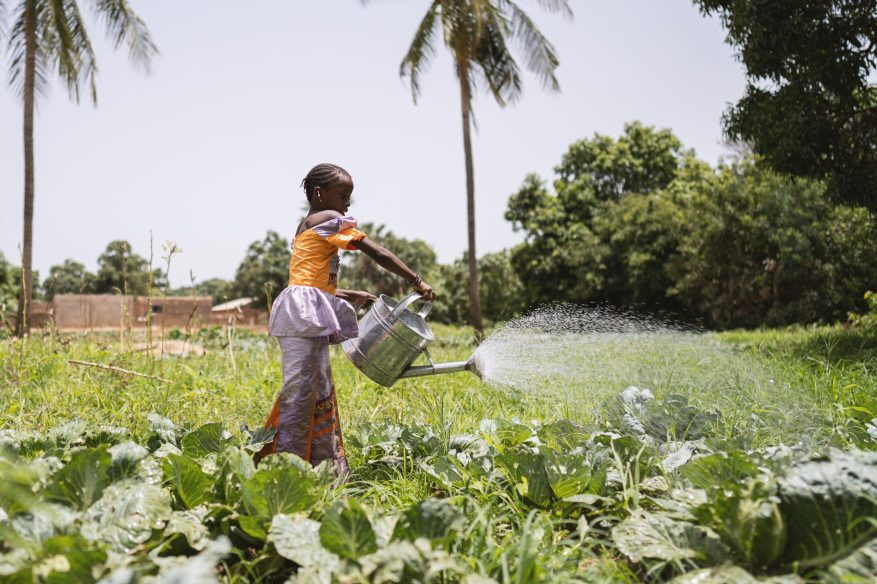World Environment Day 2022 takes place on June 5th. The aim of World Environment Day is to provide a platform for unified action on a global scale in order to protect, restore and honour our precious planet.
The 2022 theme of World Environment Day is ‘Only One Earth’. This slogan was used at the first United Nations Conference on the Human Environment held in Sweden in 1972, which led to the creation of World Environment Day. #OnlyOneEarth is an urgent reminder that we must live sustainably in order to reverse the effects of climate change, habitat loss and pollution.
Climate change is already having a devastating impact around the world and Africa’s rural poor are amongst the hardest hit. The current drought in East Africa is evidence of this – it’s the worst drought to affect the region in over 40 years and has caused the death of millions of livestock, forced hundreds of thousands of people to leave their homes and livelihoods. The devastating drought has also put millions of people, especially children, at risk of acute hunger and malnutrition.
At Self Help Africa, a crucial element of our work is helping farming families to adapt to and mitigate the effects of global warming while producing enough food to earn a living.
We support a range of ‘climate-smart’ agriculture methods that help alleviate the effects of climate change – these include nourishing soil, conserving moisture, promoting alternate crops, using water sources as effectively as possible and planting trees.
One recent example of this was from Witimba Farmer Field School in Malawi who undertook a study on moisture retention technologies and then applied their findings to their own crops. They also planted over 2,000 trees to improve soil fertility in their community,
These climate-smart methods will become increasingly vital as more and more families are unable to produce the food they need to survive. Some estimates show that climate change could wipe out 15% of Africa’s GDP by 2030. Climate-smart practices aim to increase food security while reducing greenhouse gas emissions. If governments, businesses and individuals commit to sustainable production and consumption, we can help increase economic development while reducing global warming.
For more information on our climate work.

